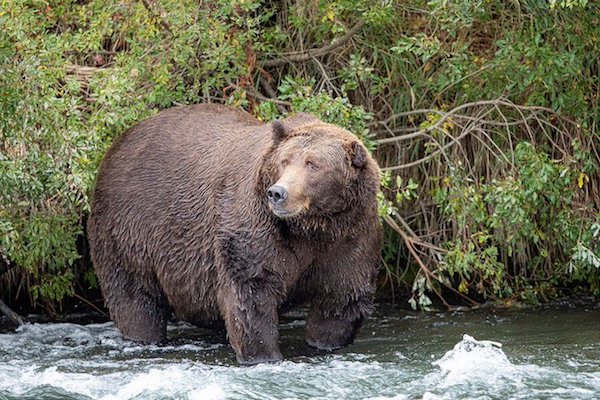Open Scientific Information
I organize open scientific projects here. It’s a small list for now…
Welcome to Public.Resource.Org! IEEP – Institute for European Environmental Policy | 31 March Policy Analyst, Environmental Economics http://www.ieep.eu/index.php AsktheEU.org is a designed to radically simplify the process by which the public puts requests to European Union bodies: an email is sent from the website to the relevant EU body. All requests sent via AsktheEU.org and the responses are instantly made public. Requesters will have the opportunity to ?me too? a request so that more than one person receives the answer, easing the workload on EU officials. The Royal Society (also) is currently conducting a study to do with openness within science, Science as a Public Enterprise (SAPE). The society is requesting participation from interested parties. Submissions are invited via the completion of a web form: About the study. “[SAPE] aims to identify the principles, opportunities and problems of sharing and disclosing scientific information and asks how scientific information should be managed to support innovative and productive research that reflects public values.” See also Here are the questions for reference: 1. What ethical and legal principles should govern access to research results and data? How can ethics and law assist in simultaneously protecting and promoting both public and private interests?
2 a) How should principles apply to publicly-funded research conducted in the public interest?
2 b) How should principles apply to privately-funded research involving data collected about or from individuals and/or organisations (e.g. clinical trials)?
2 c) How should principles apply to research that is entirely privately-funded but with possible public implications?
2 d) How should principles apply to research or communication of data that involves the promotion of the public interest but which might have implications from the privacy interests of citizens?
3. What activities are currently under way that could improve the sharing and communication of scientific information?
4. How do/should new media, including the blogosphere, change how scientists conduct and communicate their research?
5. What additional challenges are there in making data usable by scientists in the same field, scientists in other fields, ?citizen scientists? and the general public?
6 a) What might be the benefits of more widespread sharing of data for the productivity and efficiency of scientific research?
6 b) What might be the benefits of more widespread sharing of data for new sorts of science?
6 c) What might be the benefits of more widespread sharing of data for public policy?
6 d) What might be the benefits of more widespread sharing of data for other social benefits? 6
e) What might be the benefits of more widespread sharing of data for innovation and economic growth?
6 f) What might be the benefits of more widespread sharing of data for public trust in the processes of science?
7. How should concerns about privacy, security and intellectual property be balanced against the proposed benefits of openness?
8. What should be expected and/or required of scientists (in companies, universities or elsewhere), research funders, regulators, scientific publishers, research institutions, international organisations and other bodies?
